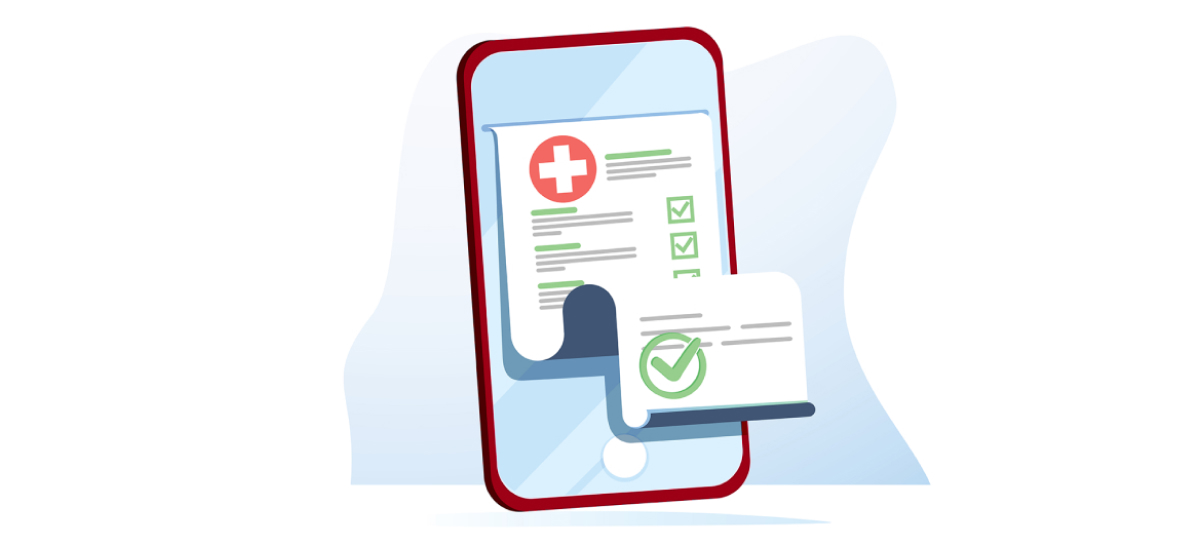Supporting women's mental health in the workplace is an urgent issue that requires thoughtful strategies to empower working women and foster supportive environments. With unique challenges and stressors, women need targeted resources to maintain well-being, but the responsibility ultimately falls on employers to cultivate compassionate and inclusive cultures.
Promoting open communication, balancing work-life for women's demands, and normalizing self-care can be impactful steps for companies to promote mental health awareness among their employees.
Why mental health awareness at work matters
Women at work frequently face pressures to fulfill multiple roles – as professionals, homemakers, and often primary caregivers. This juggling act, combined with societal expectations and sometimes gender-based biases, can take a significant toll on mental well-being. Unaddressed issues related to stress, burnout, anxiety, or depression can negatively impact career performance, productivity, and overall quality of life.
Strategies for working women - Tips for managing mental health
Working women navigate a unique set of challenges when it comes to managing mental health. Here are some powerful tips -
· Prioritise self-care - Women at work often struggle to find time for self-care, but it's essential for mental well-being. Schedule breaks to recharge, whether taking a walk during lunch, reading a book, or practicing yoga. Saying "no" more often can also help set healthy boundaries so women are not overwhelmed by commitments. Small acts of self-care each day will make a big difference.
· Build a support system - Women, surround yourself with people who understand the challenges of working women and will offer empathy and advice. Connecting with other women in the same industry can help combat feelings of isolation and provide mentorship. Don't be afraid to open up to trusted colleagues about women's mental health concerns and ways they can support you. Having a strong support system will help women feel less alone in managing stress and anxiety.
· Practice mindfulness - Mindfulness exercises like meditation, deep breathing, and journaling can help shift one's mindset and reduce worrying thoughts. Even taking a few minutes at the desk to focus on breathing can help one feel more centered and calm. Try starting or ending the day with a mindfulness practice to gain perspective and ease anxiety. Making it a daily habit will enhance one's ability to cope with stressful situations healthily.
· Seek professional help - If women are experiencing more serious or persistent women mental health issues like depression or panic attacks, seeking counseling or therapy can help develop skills and strategies for improving their well-being. Speaking to a professional counselor who understands workplace dynamics and challenges specific to women can be particularly helpful. Don't hesitate to utilize employee assistance programs or look for affordable online options. Women's mental health should be a top priority.
Importance of work-life balance for women
Striking a balance between professional and personal commitments is key to sustaining mental well-being. Here's how to work towards it -
· Flexible work arrangements - Flexible work arrangements, such as part-time hours, job sharing, compressed workweeks, or telecommuting, are ideal for women with multiple responsibilities. They give women more control over their schedules and the ability to attend to personal needs when necessary. Employers should consider offering flexible options whenever possible.
· Utilise leave - Most companies provide benefits like paid time off, parental leave or sick days. Women should feel encouraged to take advantage of the available leave without fear of judgment or penalty. Using leave time will allow women to recharge and avoid exhaustion from work demands.
· Unplug regularly - Women need to disconnect from technology and work responsibilities during non-work hours. They should also make time for hobbies, social interactions, and other leisure activities. Disconnecting from work in the evenings and on weekends will help alleviate stress and make work more productive and focused.
Creating a supportive work environment
Employers and managers are pivotal in fostering workplaces prioritizing women's mental health. Here's how -
· Organise resources and knowledge sessions - Providing guidance and programs tailored to women's needs is impactful. Workshops, webinars, or speakers discussing stress management, self-care, and work-life balance for women should be included, and male employees should also be encouraged to participate.
· Promote employee engagement - Women may prefer different workplace environments depending on the industry, the job role, and personal circumstances. Surveys show many prefer hybrid workplaces, mixing in-person and remote work. This allows cooperation with coworkers while providing more freedom and flexibility.
· Promote self-care practices - Encourage self-care through periodic breaks, physical activity, and mindfulness. Provide access to mental health awareness tools and wellness programs, especially for women unable to attend outside work hours. Companies should also support women in learning skills to establish boundaries, communicate needs, and practice self-compassion.
Let's prioritise mental wellbeing
Prioritizing mental health awareness in the workplace is a win-win situation for working women and their employers. Small changes and continuous efforts toward understanding women's mental health needs can create long-term positive benefits. It's time to break the stigma and encourage open conversations about mental wellbeing.
For additional support and comprehensive healthcare plans, Women at work can consider Generali Central HEALTH POWHER.
HEALTH POWHER prioritizes the entire family's well-being while offering exclusive, comprehensive coverage for women's unique health needs. This plan addresses concerns throughout women's lives, including pregnancy, postpartum care, menopause, and women-specific critical illnesses.

























